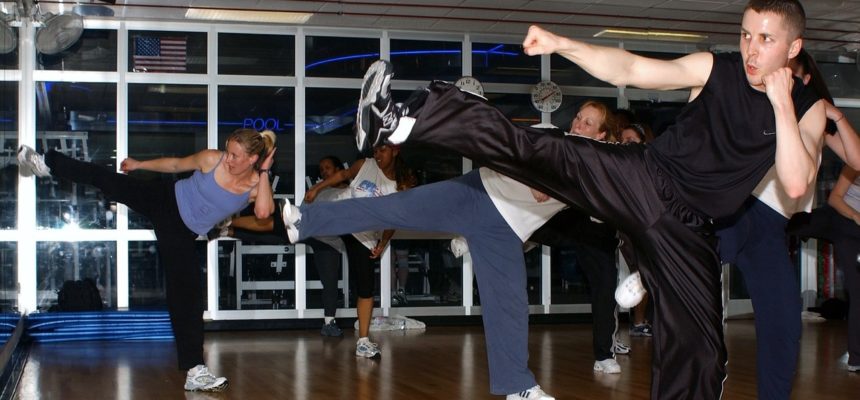
Recovery Through Exercise: Tips for People in Recovery
Individuals recovering from addiction need every physical and mental resource at their disposal to achieve and maintain their sobriety. There are many kinds of treatment therapies, but there’s nothing quite like the boost your body gets from doing regular exercise.
Exercise has been proven effective at helping people overcome the physical and emotional symptoms of withdrawal and recover from the damage that drug and alcohol addiction does to the body. The release of endorphins in the brain makes you feel good, which encourages you to continue exercising and maintain a positive attitude, which is absolutely crucial when fighting the effects and temptations of addiction.
There are many other benefits that help you stay on the right path while on the road to recovery. Read on for more helpful tips.
Stay on an Exercise Schedule
Beginning and staying with a regular exercise schedule provides organization and keeps you busy, using your time in a positive way that keeps your mind away from thoughts that could lead to negative behaviors and a self-destructive relapse. As such, exercise becomes an important physical and psychological anchor during the week. If you exercise in a group, you can benefit from a sense of togetherness that keeps you motivated to keep going. Following an exercise regimen restores structure to your life that addiction may have destroyed. Structure keeps you rooted and engaged in positive activities aimed at returning your life to normal.
Healthy Relationships
One of the keys to remaining sober is finding new social circles to move in, as well as new friends who won’t lead you into situations that could threaten your recovery. Exercise can be a tremendous advantage because it provides a venue for meeting new people who have a healthy mindset. For example, joining a gym could introduce you to an assortment of like-minded individuals. They can motivate you to stick with an exercise program and reach your goals.
Best Exercises
The best exercises for an individual in recovery are those that meet your particular needs. For some people it’s walking, a low-impact form of exercise that’s beneficial to people who need to be careful not to put an undue amount of strain on bodies still coping with the effects of addiction. For others, running is ideal because it helps restore the brain’s ability to experience pleasure through the release of feel-good neurotransmitters in the brain, a function that addiction impairs. Other popular exercises among recovering addicts include hiking, swimming, yoga, pilates, rock climbing, surfing, bicycling, skateboarding, martial arts, and team sports like basketball, soccer, and baseball. However, cardio exercises are your best bet if you’re hoping to lose weight via your workout.
As a precaution, always consult with a doctor before embarking on an exercise routine if you’ve recently emerged from an addiction recovery program. For seniors in recovery, it’s crucial to meet with your doctor as part of your overall wellness plan and to determine which exercises would be best suited to your circumstances. Anyone with Medicare or Medicare Advantage has access to wellness visits as part of their general health plan, meaning it won’t cost extra.
When choosing activities, it’s also important to choose something you enjoy; you’ll be likely to continue exercising and giving your body the work it needs to facilitate the recovery process if you like what you’re doing. Start slow and build your workout routine as you feel stronger and more confident. Ultimately, doing anything that gets your heart rate up and works your muscle groups will be beneficial to your recovery and overall health.
Remember that the long-term success of your recovery program lies in your hands. One of the best things you can do to stay with it is to strengthen your body through exercise, which will also strengthen you psychologically. It will facilitate the repairing of damage that addiction does to you physically and psychologically. What’s more, you’ll also feel great.
Courtesy of Pixabay.com








